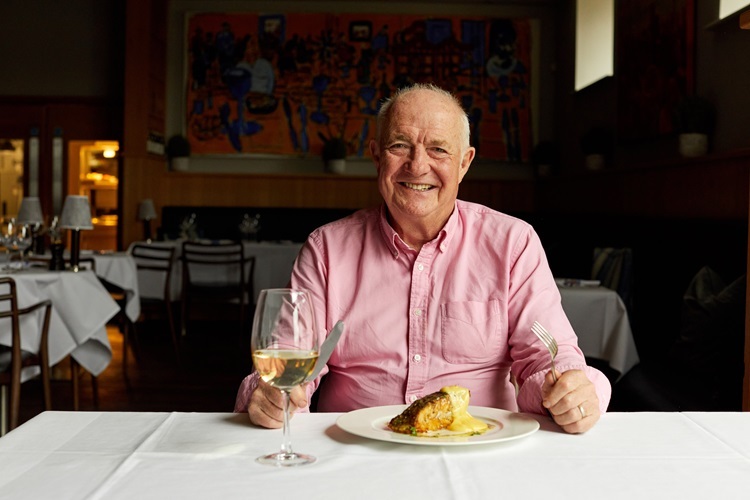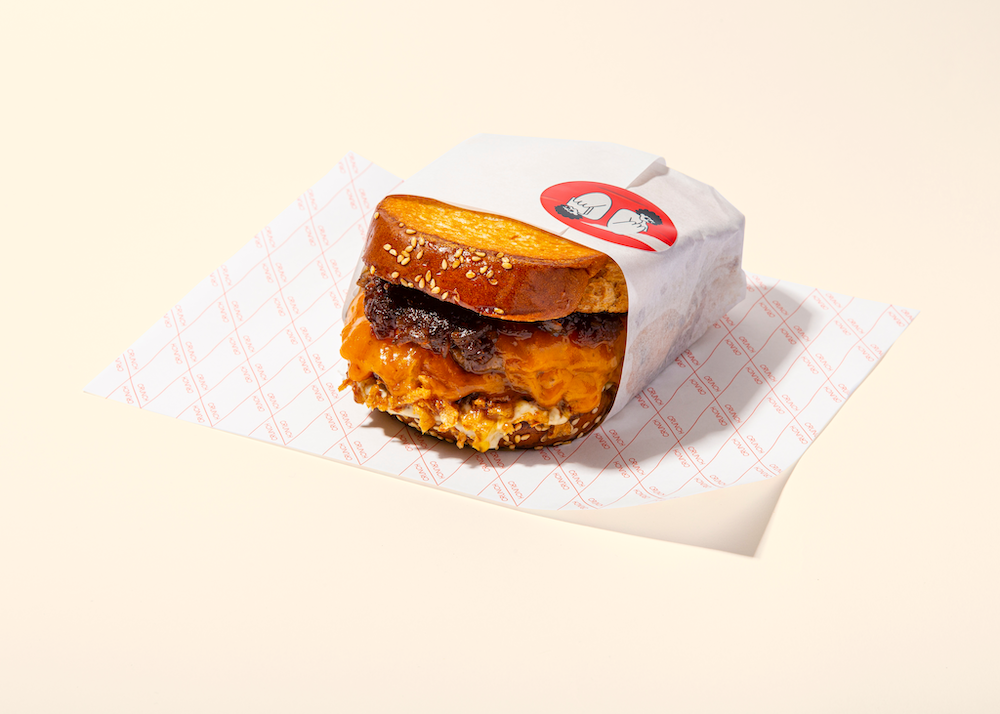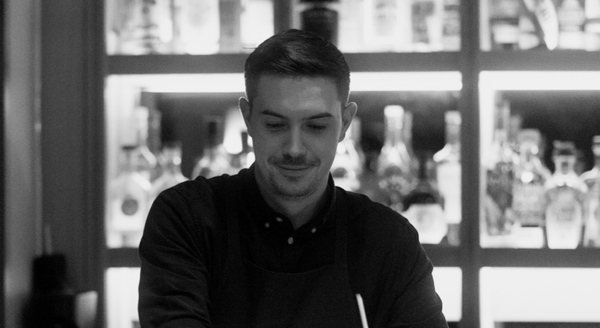‘Draconian' licensing measures will ‘stifle innovation' in Hackney and protect poor operators
Hackney Council has been accused of "stifling innovation" and going against the wishes of residents by implementing "draconian" new licensing rules.
A new "core hours policy" sets out closing times of 11pm on weeknights and midnight at weekends, although the council has said the document should be seen as a "guide" rather than a "blanket policy".
Operators described the decision as a âdisasterâ in the immediate aftermath and Kate Nicholls, chief executive of UKHospitality added: "Hackney Councilâs decision runs counter to the mayorâs vision for a 24-hour city and plans to stimulate the night-time economy in London. The decision will stifle innovation and make Hackneyâs nightlife much less dynamic and attractive. The actions of the council also run counter to the wishes of the vast majority of residents who opposed the measure. Hackney's late-night businesses are diverse, innovative and vibrant, but this action by the council will only put unnecessary pressure on them."
Gareth Hughes, consultant barrister with Keystone Law told The Caterer that, despite the authorityâs claims, he believes the cumulative impact policy (CIP) will be enforced very stringently.
He explained: "Although Hackney say âweâll look at each case on its meritsâ, practitioners such as myself know that they apply the CIP very strictly and there are very few exceptions.
âI think itâs very draconian and will damage existing licence holders in Hackney. It will reduce their ability to expand their operations to extra hours, increase their capacity or make other changes and itâs certainly a damper on activity coming into the borough, particularly from independent operators who are looking to change the nighttime offering. Shoreditch has been an area where innovation is key and this policy says no new licences can be granted. That could only kill off what is a vibrant trade in Hackney and it runs in the face of the significant consultation they did where hundreds of people wrote in and 77.5% of people didnât want the policy brought in. The only people this will help, in my view, are the big chain operators who will be able to buy up licences. Independent operators will be gradually squeezed out â" itâs very worrying.â
Luke Elford, an associate at TLT law firm, agreed that the new policy is likely to be followed closely, but said the decision did not mean operators had no chance of getting a licence.
He explained: âThereâs no point having a policy if you arenât going to follow it, however each application is to be decided on its own merit. We have an excellent success rate in making applications up and down the country outside of policy or flying in the face of policy.
âCIPs are at the top end of the scale of difficulty when it comes to applying for a new licence and one of the things I think about is the law of unintended consequences.
âWhat CIPs do is protect the operators who are already there who have already secured a licence or were lucky enough to get in before the policy came into place. It protects some very good operators but it also protects operators who arenât as good as they think they are and it can have a negative impact â" rather than rising standards it can drive them down because they rest on their laurels.â
The We Love Hackney residents group, which has campaigned against the policy said it was considering appealing for a judicial review while London's night czar Amy Lamé requested an urgent meeting with Mayor of Hackney Philip Glanville 24 hours after the decision had been made.
Hackney Council passes âdisastrousâ licensing policy including âblanket curfewâ>>
London council to vote on enforcing a âblanket curfewâ>>
Uncompromising licensing policies creating âstagnantâ high streets>>



















